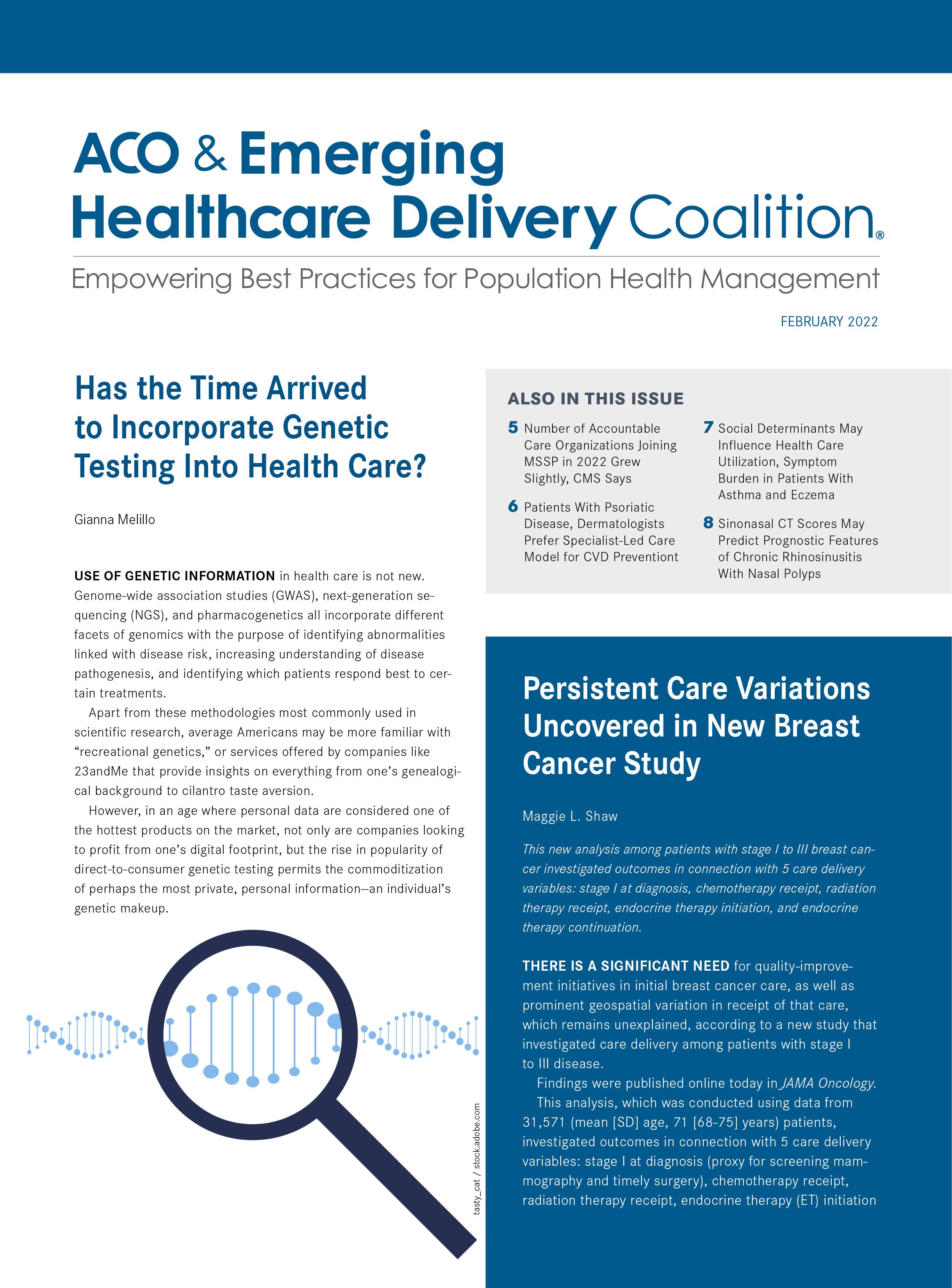- Center on Health Equity & Access
- Clinical
- Health Care Cost
- Health Care Delivery
- Insurance
- Policy
- Technology
- Value-Based Care
Number of Accountable Care Organizations Joining MSSP in 2022 Grew Slightly, CMS Says
In its annual Medicare Shared Savings Program (MSSP) report, CMS said the number of accountable care organizations joining increased, but a trade group said the results should have been better.
CMS Wednesday released its annual summary of the Medicare Shared Savings Program (MSSP), showing that the number of accountable care organizations (ACOs) in the program grew to 483 in 2022, up from 477 in 2021.
The National Association of ACOs (NAACOS) called the numbers “disappointing” and noted that participation in the ACO program was lower than it has been since it reached a high of 517 organizations in 2020.
CMS projects that over 11 million people with Medicare will be in physician practices that are part of MSSP ACOs in 2022, compared with 10.7 million last year, an increase of about 3%.
“With one in every five health care dollars paid by Medicare, we can strengthen and transform our health care system,” CMS Administrator Chiquita Brooks-LaSure said in a statement. “Accountable Care Organizations present an invaluable opportunity to move Medicare toward person-centered care.”
CMS said 66 new ACOs joined the program and 140 existing ACOs renewed their participation. The number of ACOs that are in a track that qualifies as an Advanced Alternative Payment Model (APM) increased from 34% to 50%.
In an APM, providers receive additional rewards for delivering higher-quality care at lower costs in exchange for taking on higher levels of financial risk.
There are 284, or 59%, of ACOs in 2-sided risk arrangements in 2022, and 199, or 41%, in 1-sided risk arrangements.
By revenue, 56% of ACOs are low revenue and 44% are high revenue, the report said.
“Following multiple years of flat or declining ACO growth, today’s announcement is disappointing and should send a wake-up call to an administration whose goal is to have all traditional Medicare patients in an accountable care model by 2030,” NAACOS said in a statement.
The MSSP launched in 2012. Last year, as part of a "strategic refresh" by the CMS Innovation Center, CMS set a goal to have every Medicare fee-for-service beneficiary in an ACO by 2030.

